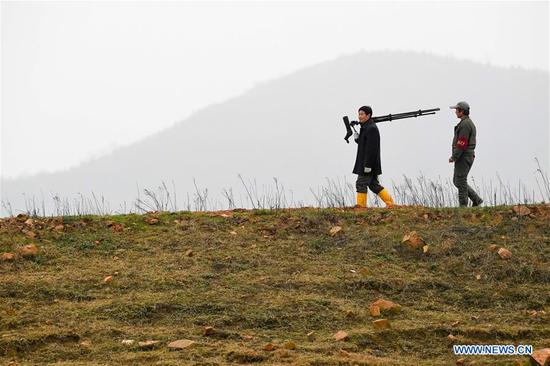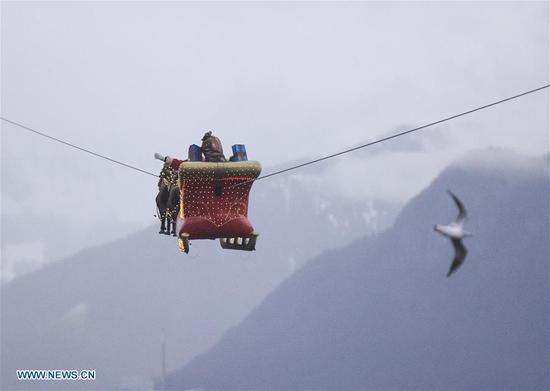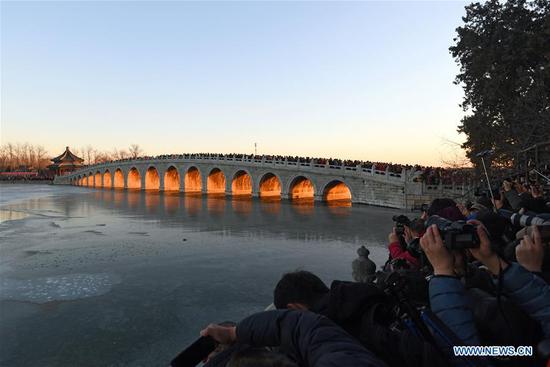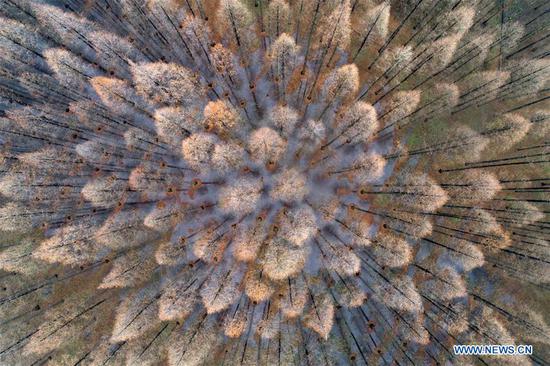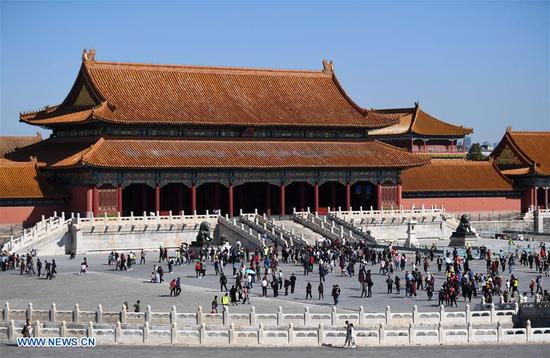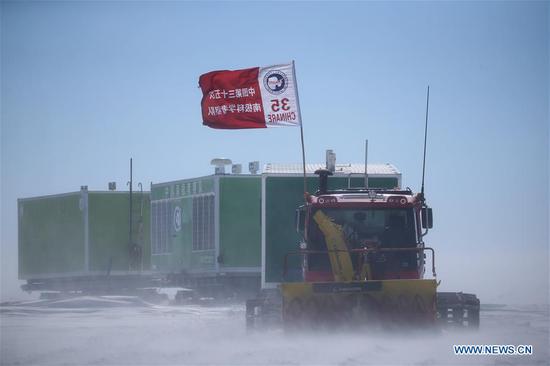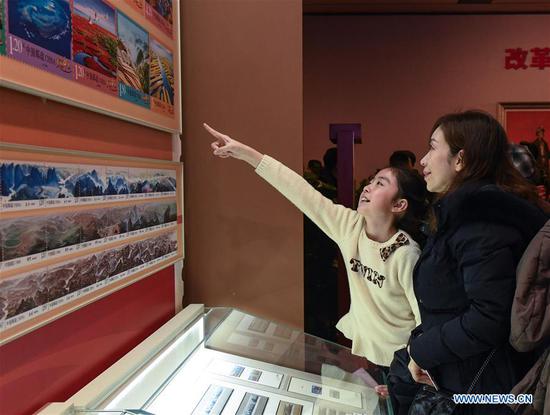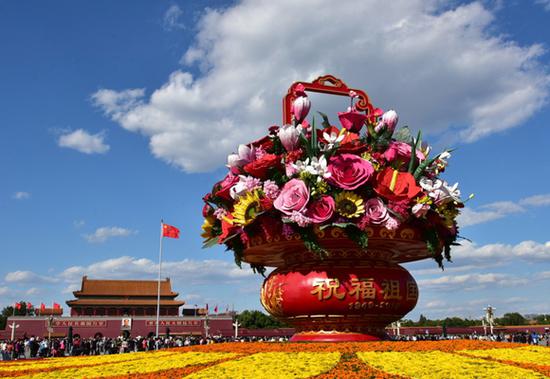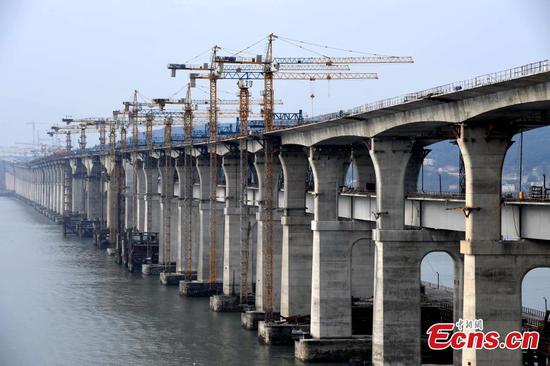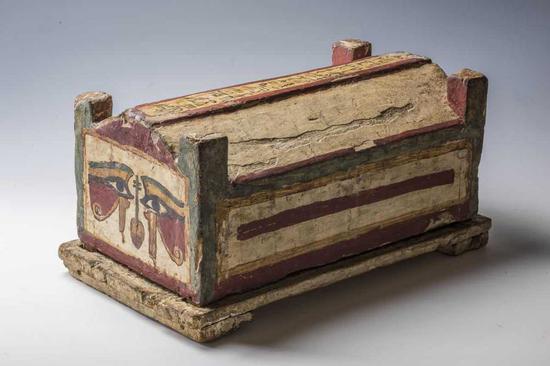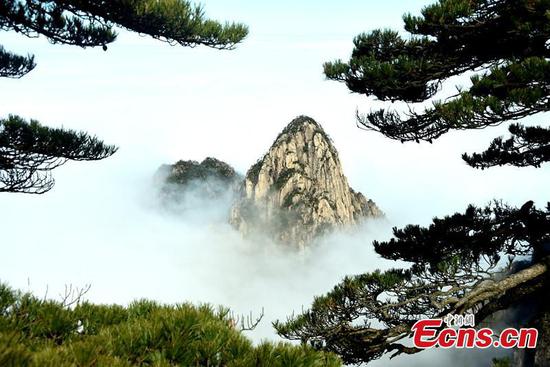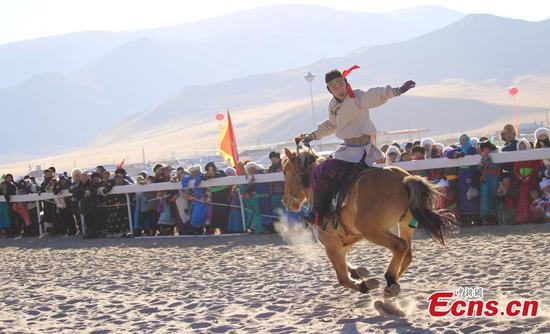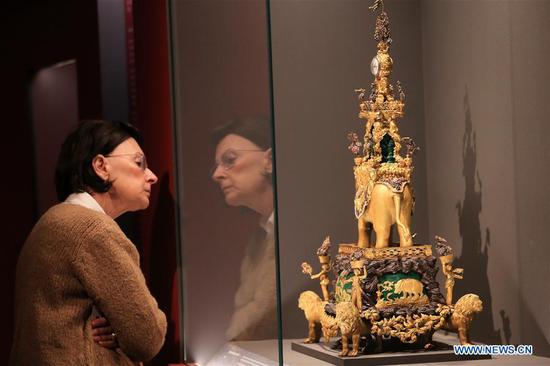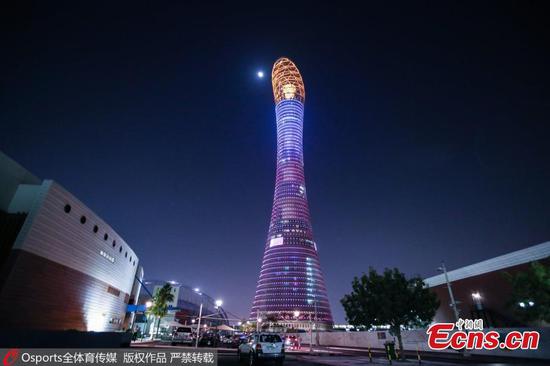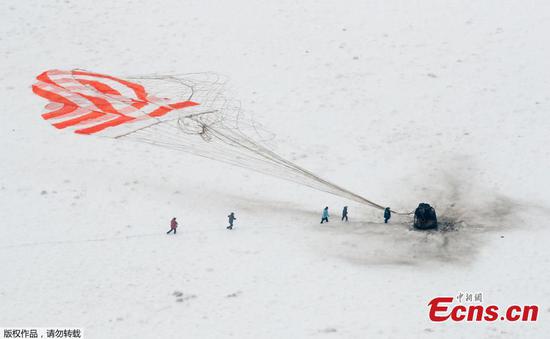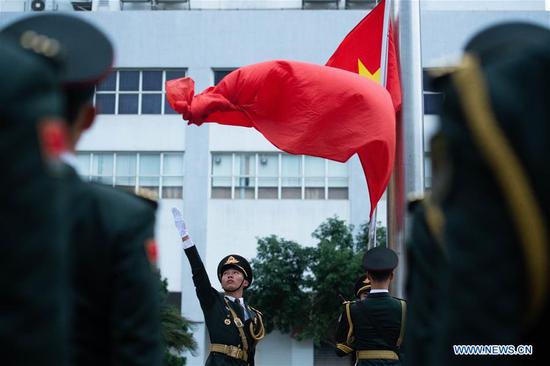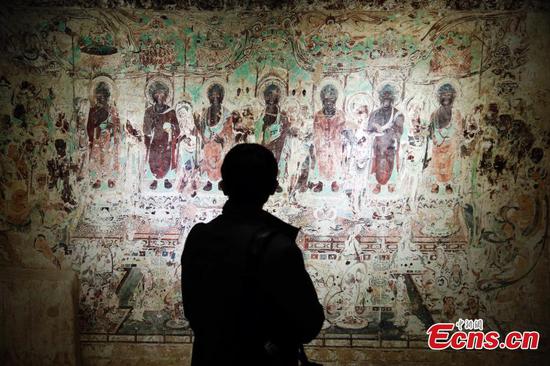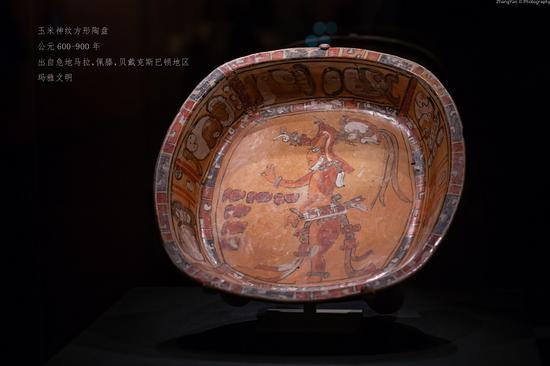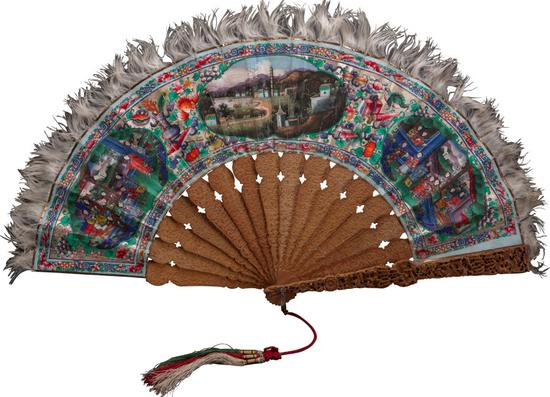
Journalists from Pakistan visit Lianhuashan, South Guangdong province, Dec 12, 2018. (Photo provided to chinadaily.com.cn)
Public perception plays a pivotal role in influencing opinions about people, communities, and countries. In an era of globalism and unlimited information flow, the role of media in shaping public opinion has assumed enormous significance. Media has always been considered as the third pillar of the state but in the modern era, impartial media in any country plays a key role in positive image building and enabling easy interaction with other countries. Chinese media is considered one of the largest in the world in terms of impact as it publishes to almost 1.4 billion people. Global interest in China has increased as China's stature has risen, and Chinese media has become China's window to the world.
China and Pakistan enjoy a deep historical relationship and after the Belt and Road Initiative, this relationship is becoming even stronger. The media of two friendly countries can play an enormous role in bringing people together. Like other fields, media partnerships between the two countries have recently grown. There are many areas in the field of print and electronic media where Pakistani journalists can learn from China as Chinese media has made a giant leap forward in areas such as online media development.
Like a true friend and iron brother, China is supporting Pakistan's journalist community through training programs, which have proved extremely useful in capacity building as well as providing exposure to modern techniques in the field of mass media. According to sources, more than 20 media delegations from Pakistan have visited China so far this year. The journalists visited media outlets, universities, and experienced Chinese cultural traditions, which helped to promote mutual understanding between Pakistan and China.
The question still persists however of how useful these interactions and programs were to Pakistani journalists.
Before the media revolution in Pakistan in 2002, there was only one state-owned television channel, a radio network, and a few newspapers. In 2002, Pakistan's first private news channel, Geo News, was launched and after that the private media industry began to boom. Similarly some public and private sector universities established mass communication departments but due to a lack of sophisticated technology and expertise, these departments were unable to produce professional, skilled journalists and media professionals. Most of the graduates from those media studies departments don't have the required skills to help them fulfill their duties diligently in the practical field. This is why it is firmly believed that these kinds of capacity building training programs would improve the skills of Pakistani journalists.
A research study conducted on Chinese and Pakistani journalists found that compared to Chinese journalists, Pakistani journalists were less satisfied with their profession because of meager salaries, irrelevant educational backgrounds, social conditions with political instability and the dominating role of owners of media outlets. Chinese journalists, on the other hand, were found relatively more satisfied with their jobs and overall working atmosphere. The basic reasons for satisfaction with the jobs of Chinese journalists were the country's economic reforms and the availability of modern and sophisticated technology in the media industry, which enables them to work more efficiently.
During the visit of Pakistan's prime minister, Imran Khan, to China in early November this year, both sides agreed to cooperate and encourage cooperation between the media outlets of both countries and exchange frequent visits and training programs for journalists and media personals.
Wasif Shakil, a reporter with The News, an English-language newspaper in Pakistan, believes we can bring about positive change in society through the media. He believes these kinds of interactions and training programs provide a great opportunity to learn how Chinese journalists work.
Pakistani journalist Riza Ahmad said that he was inspired to see the use of advanced technology in different Chinese media organizations and wished that Pakistani media could do similar.
Pakistani journalism is now more dependent on new media technology that has brought consumers from newspapers to TV channels and then to social media. Unfortunately ratings races among Pakistani news channels has negatively influenced the quality of journalism, affecting a number of outlets' credibility. Most of the media organizations broadcast sensational news items for instant high ratings, often at the expense of public interest news. It can be safely assumed that such programs will enhance journalists' capabilities, enabling them to differentiate between important and unimportant news.
It has been suggested that Chinese authorities should encourage such interactive programs and support Pakistani media organizations with advanced technology and capacity building. Moreover the Chinese government should also encourage Chinese media outlets to build partnerships with their Pakistani counterparts.
Zafar Hussain is a former research fellow with the Communication University of China and is affiliated with Pakistan's largest media group.










